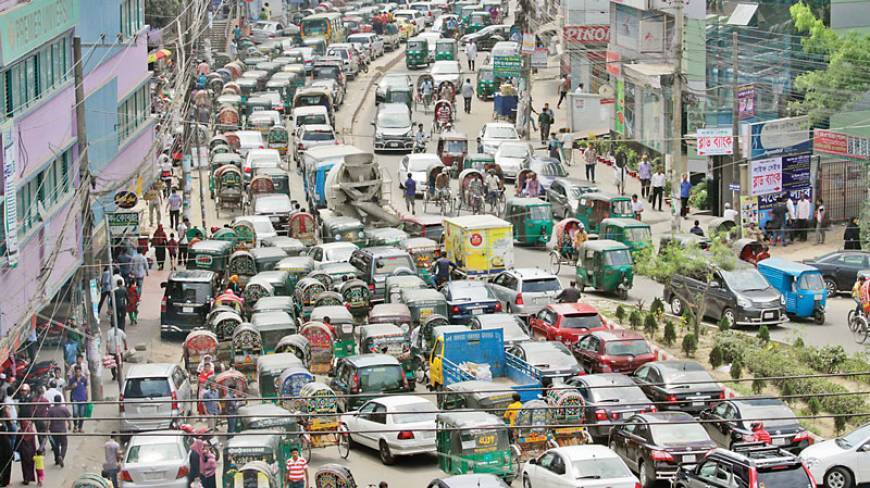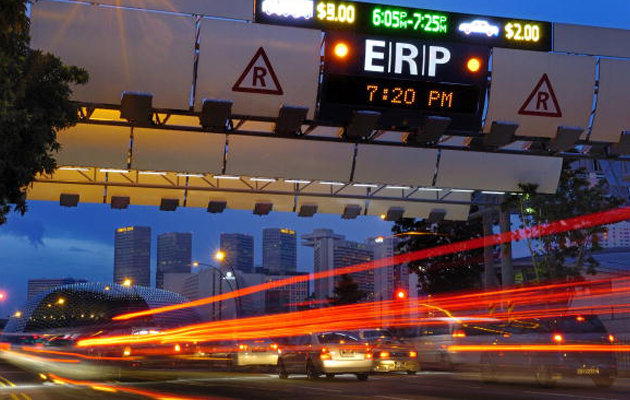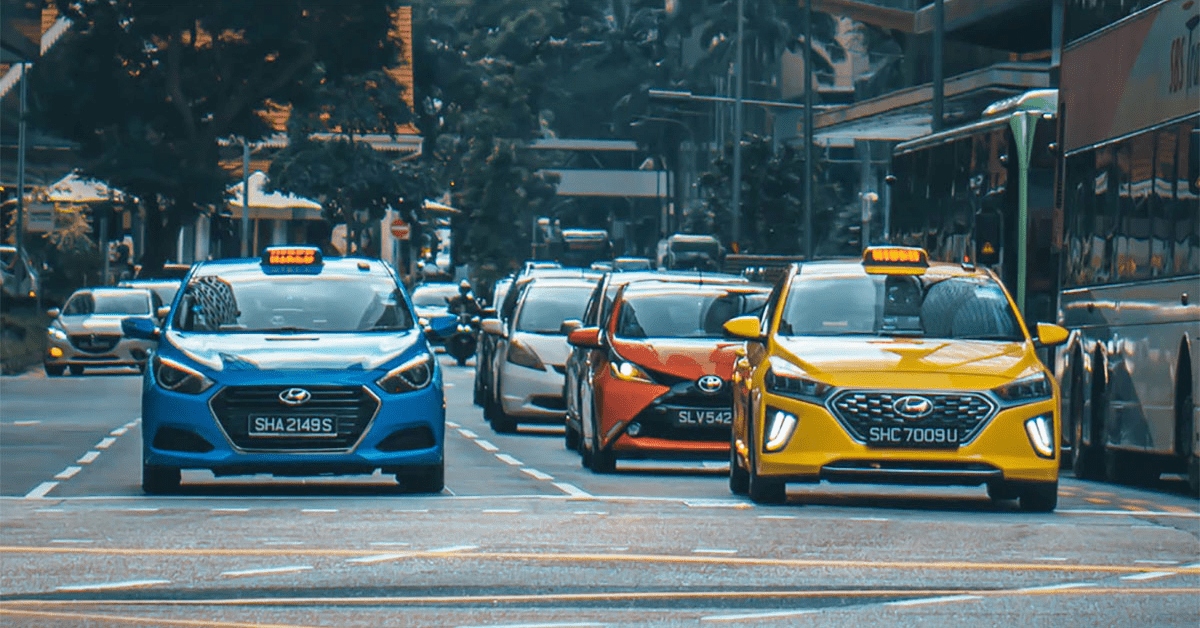How much time do people spend in the car all around the world?
Cars are a convenient means of transport and there is strong evidence to suggest that humanity cannot do without them anymore. In today’s fast-paced world, things happen at a terrific speed and time is one crucial commodity that is limited. Therefore, in everything that human beings do, they have to do it in the least time possible. Transportation is key to the way we do things and although there are many modes of transport which are far much faster than cars, it is the convenience of cars that cannot be matched. Everyone can own a car and travel at their own convenience. However, here lies the problem once again. The time spent in the car is getting longer. Let’s take a look at how much time is spent in the car around the world.
With too many cars on our roads, traffic congestion is something that we have to contend with, especially in urban setups. There is no single city in the world that does not experience some form of traffic congestion and snarl up. Many people thus end up wasting more valuable time than they should. The time that we desperately try to save ends up being spent in our cars.
The above question might not have a straightforward or definite answer due to a number of factors. The time people spend in cars all over the world depend on the following factors:
Residence

The place where one resides determines the number of hours that one is likely to spend in a car. People living in big and highly populated cities such as London and New York will spend much more time in their cars as compared to those living in the countryside. The only reason as to why this so is because there is a higher number of cars in the cities as compared to the countryside. Despite there being big highways with many lanes, the number of cars in these cities are just too many causing traffic congestion and snarl ups. Statistics show that people in the urban areas take about thrice the time the people in the countryside take, to cover the same distance.
Age

People in the age bracket of 30-39 years spend the most time in cars. Teenagers of between 16 and 24 years come in second while the elderly of above 75 years spend the least time in cars. This variation in time spent in the car with age can only be explained by the activities of the individuals. People tend to be at their prime and most productive age between 30 to 39years and may be very busy with family, business and work. This would involve a lot of travelling and thus the reason why they would spend the most time in cars. Elders above the age of 75years, on the other hand, are in retirement and don’t have much to do. They would travel less and engage in fewer activities.
Gender

Male people tend to spend more time in cars than their female counterparts. This can once again be attributed to men being more physically active than women and thus the need to travel a lot.
The country’s economy

The economic strength of a country is another major determinant to the number of hours its citizens spend in cars. Studies have shown that citizens of wealthy countries such as the US record high average hours in cars. Countries with less financial might, on the other hand, have a lower average of hours spent in cars. This is because almost every citizen in a wealthy country can afford a car thus the presence of many cars on the roads bringing congestion. Citizens from poorer countries mostly use public transport and thus a fewer number of cars on the roads.




